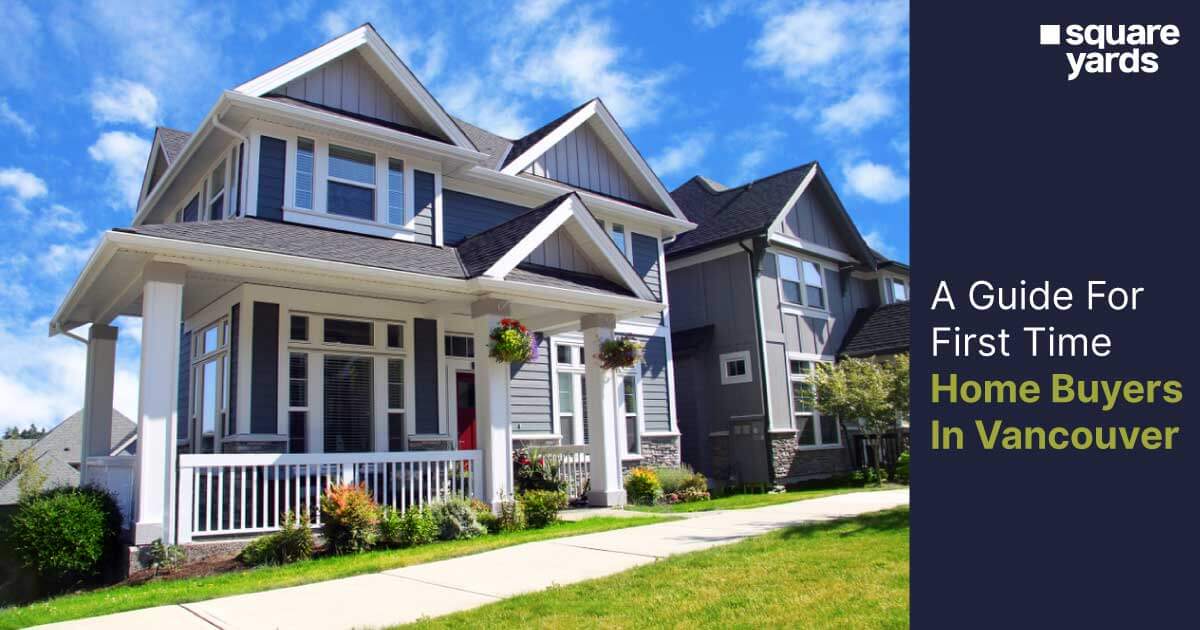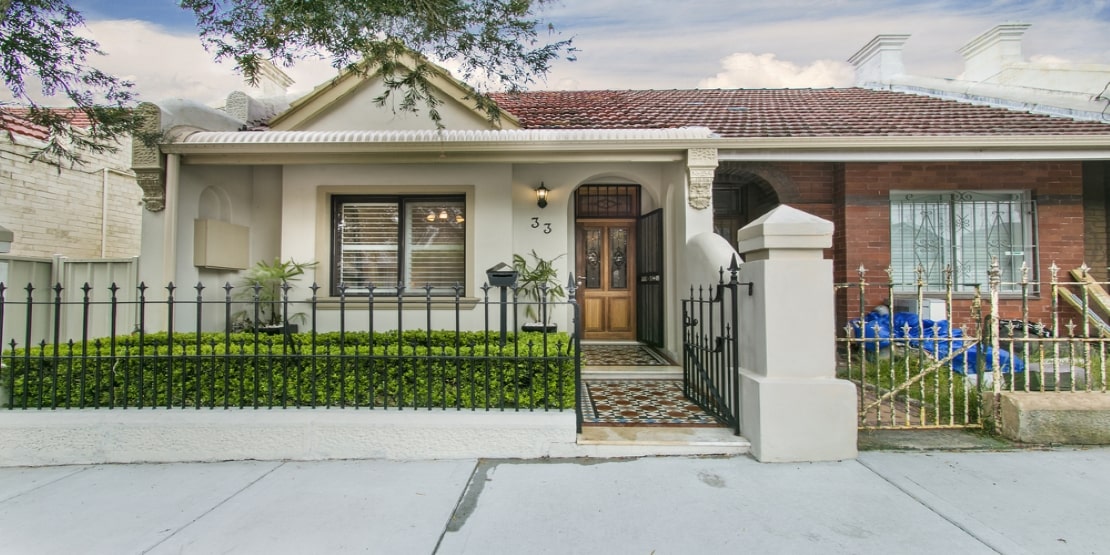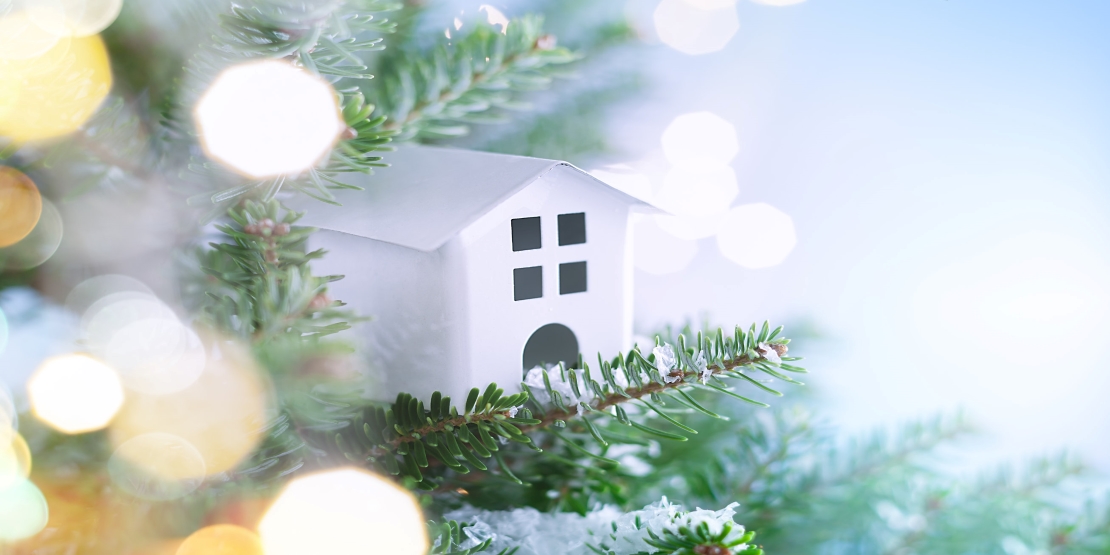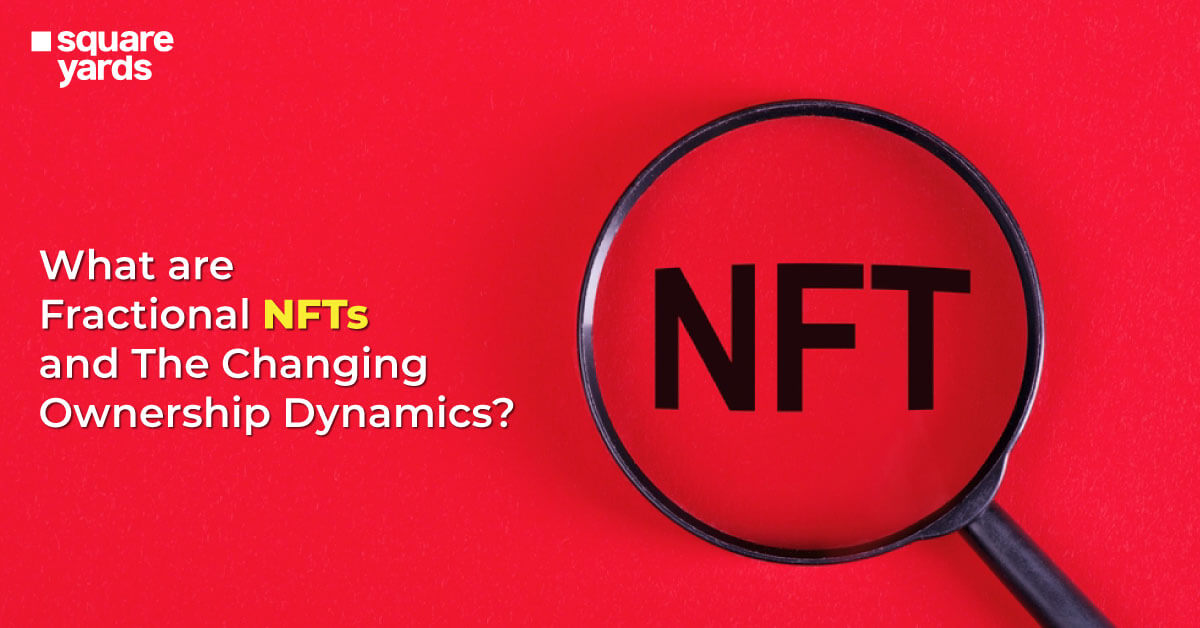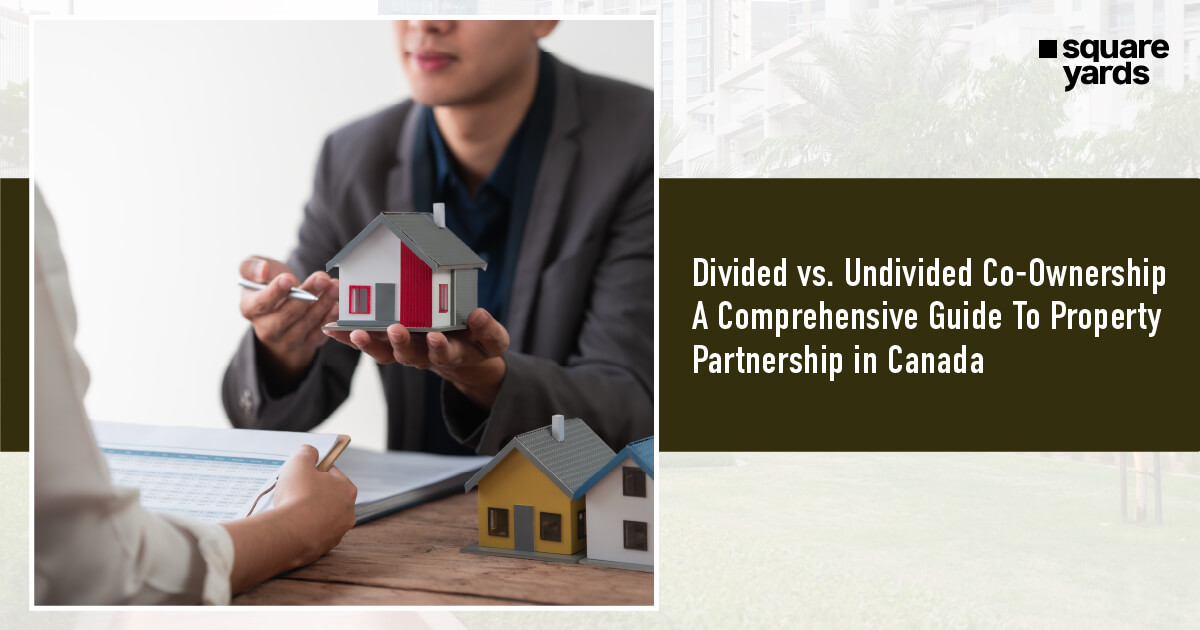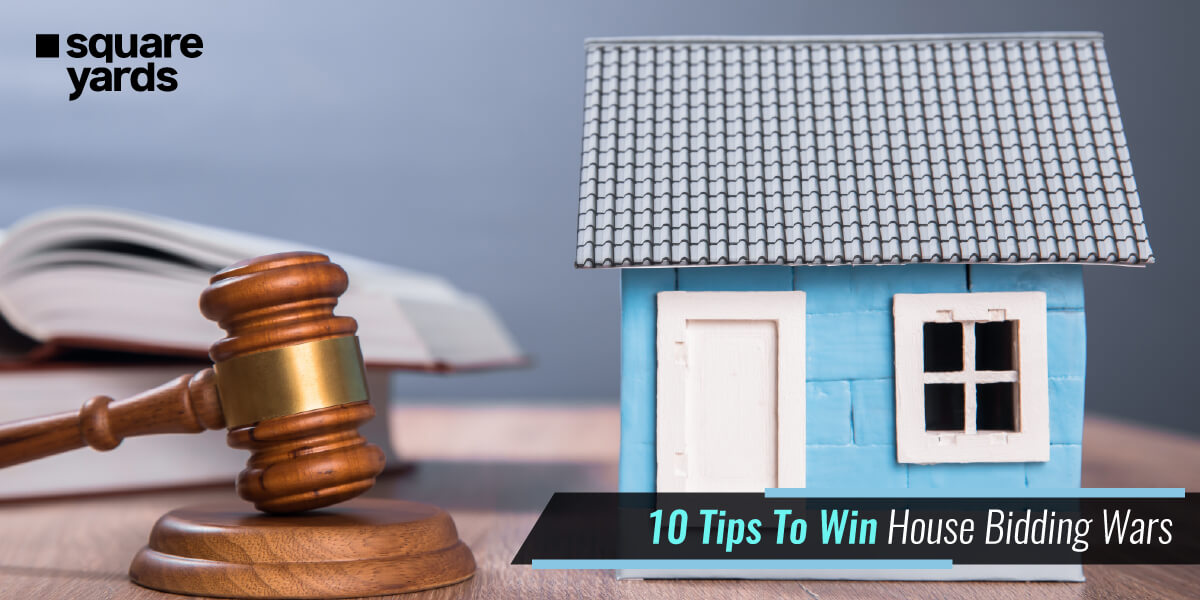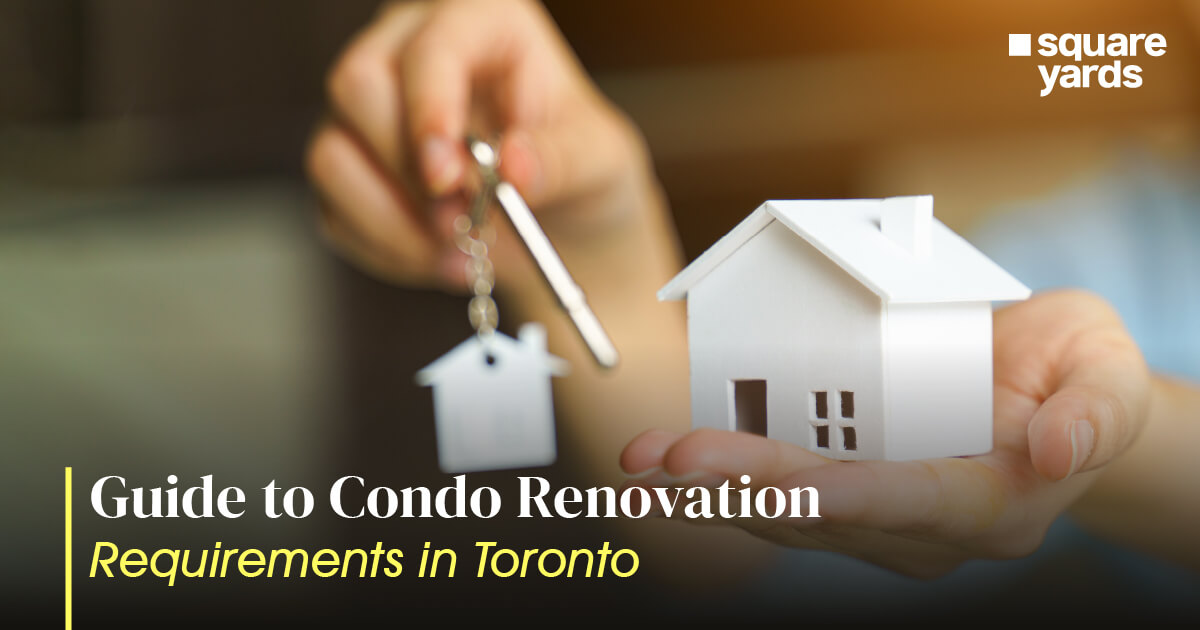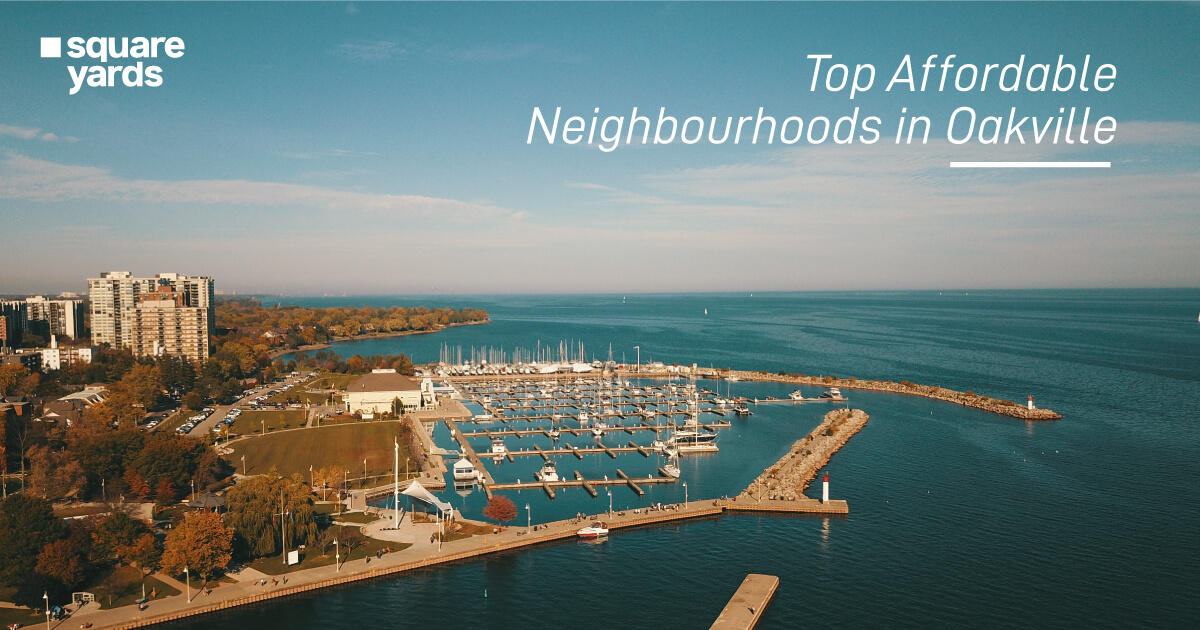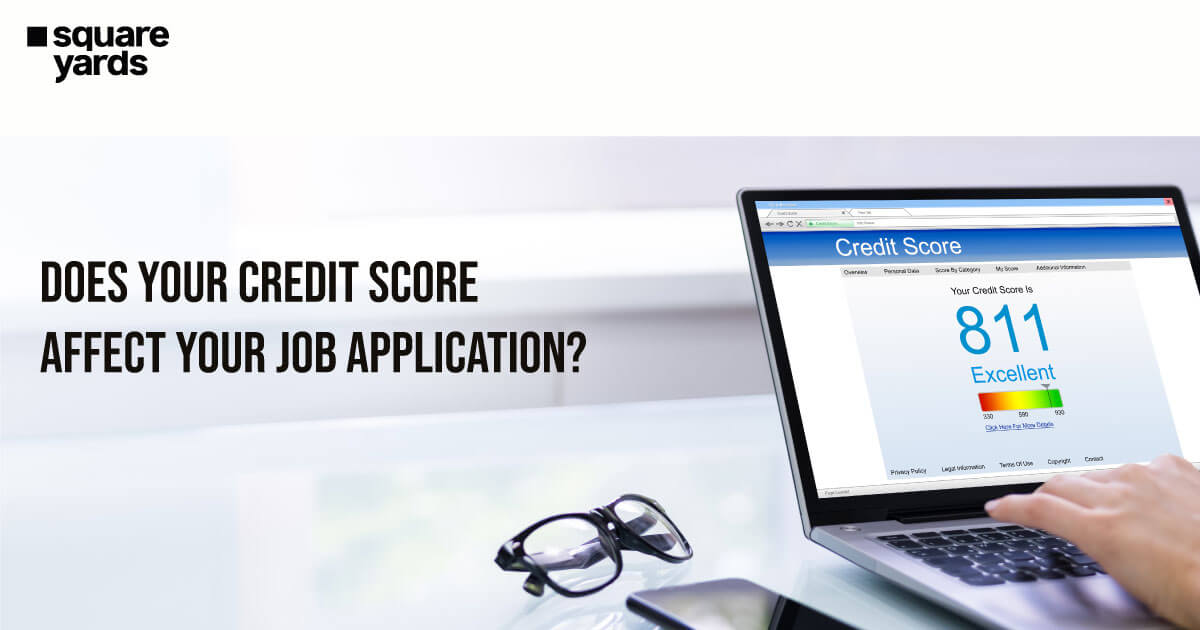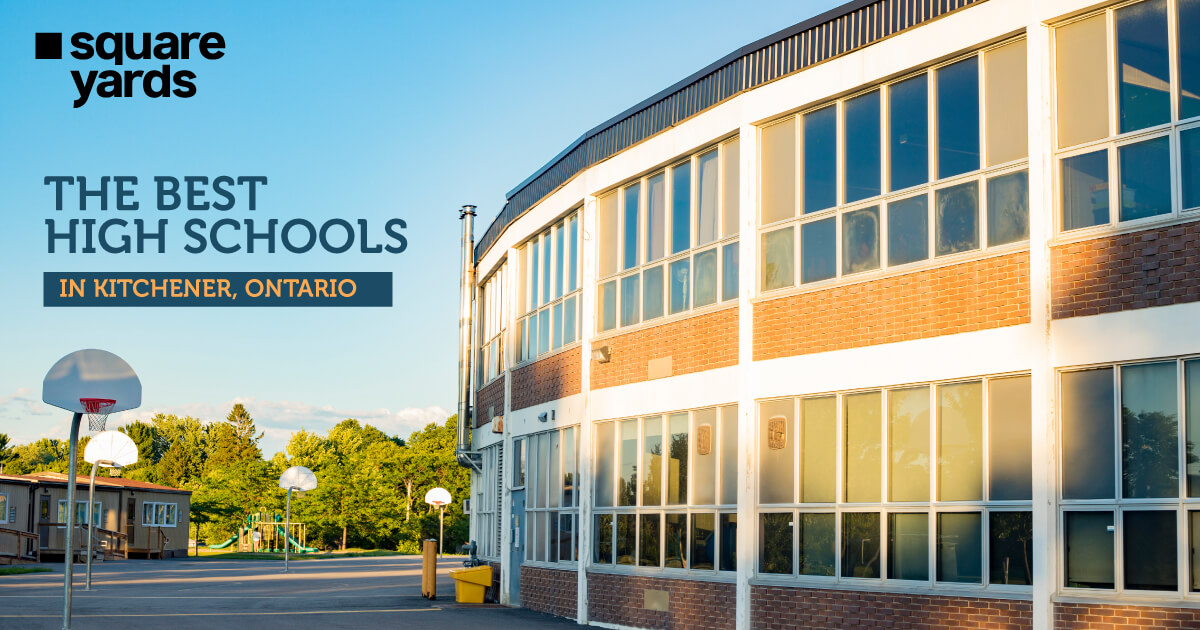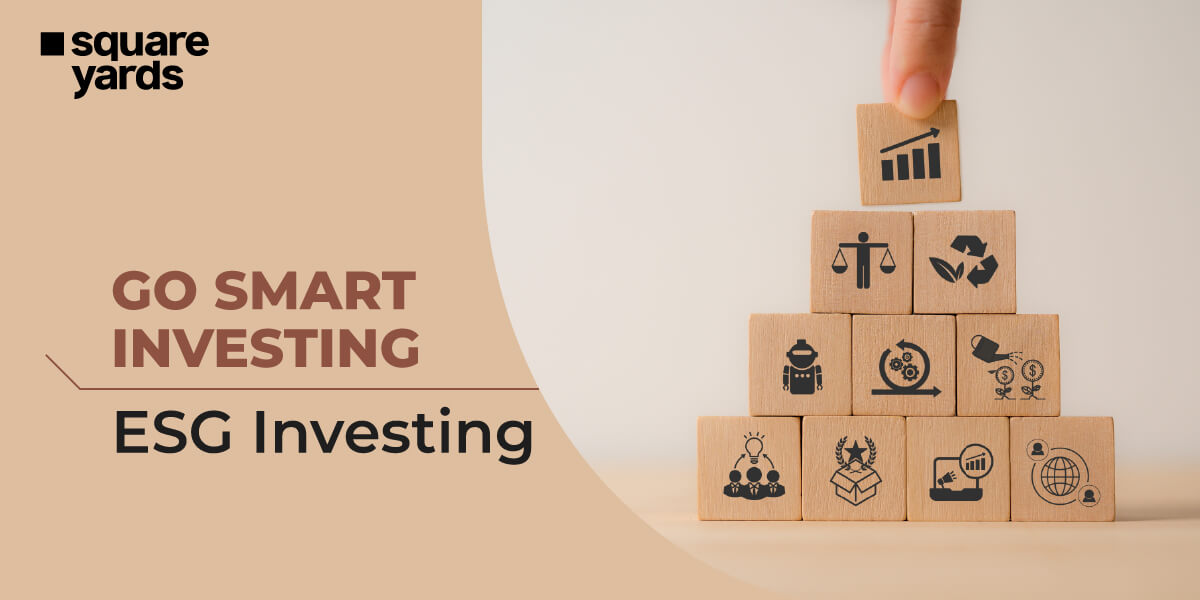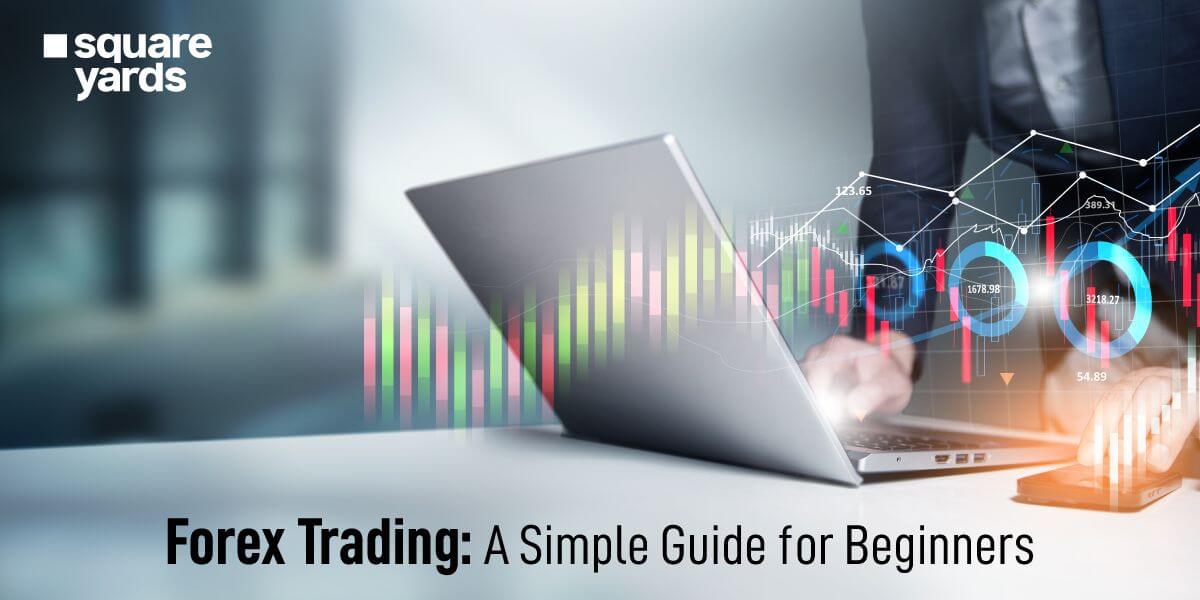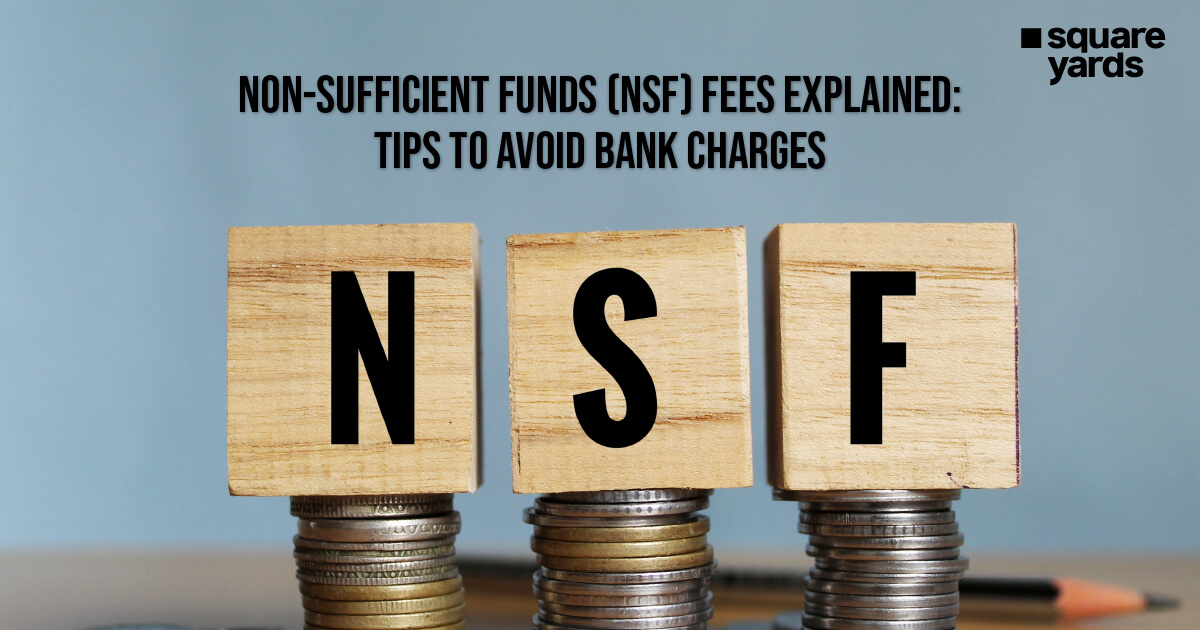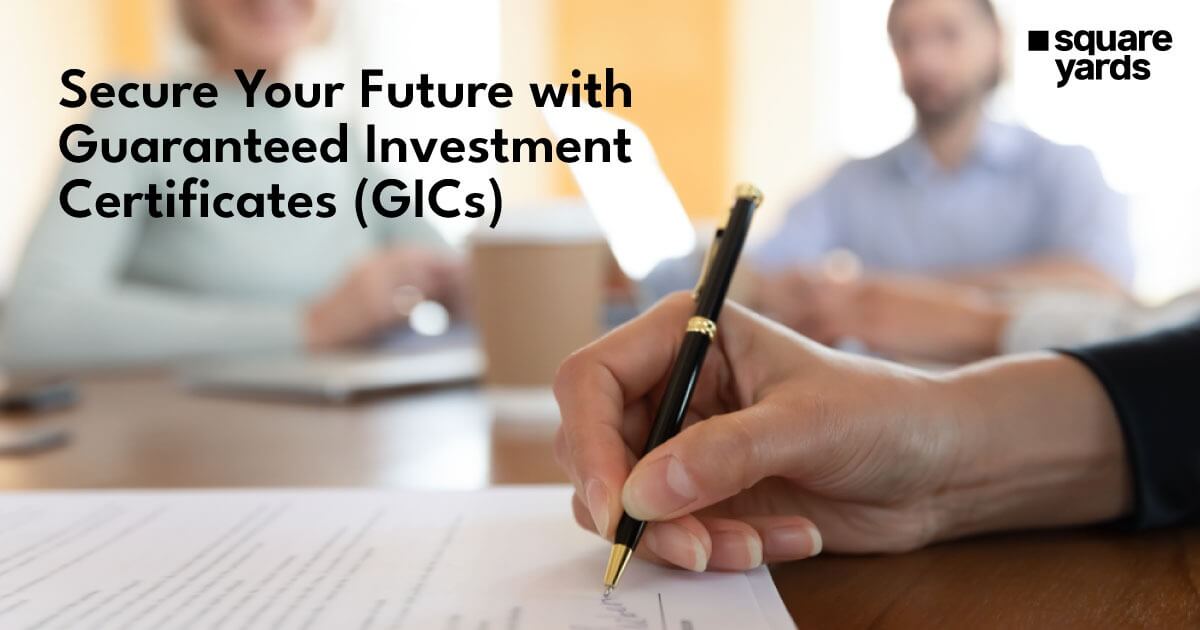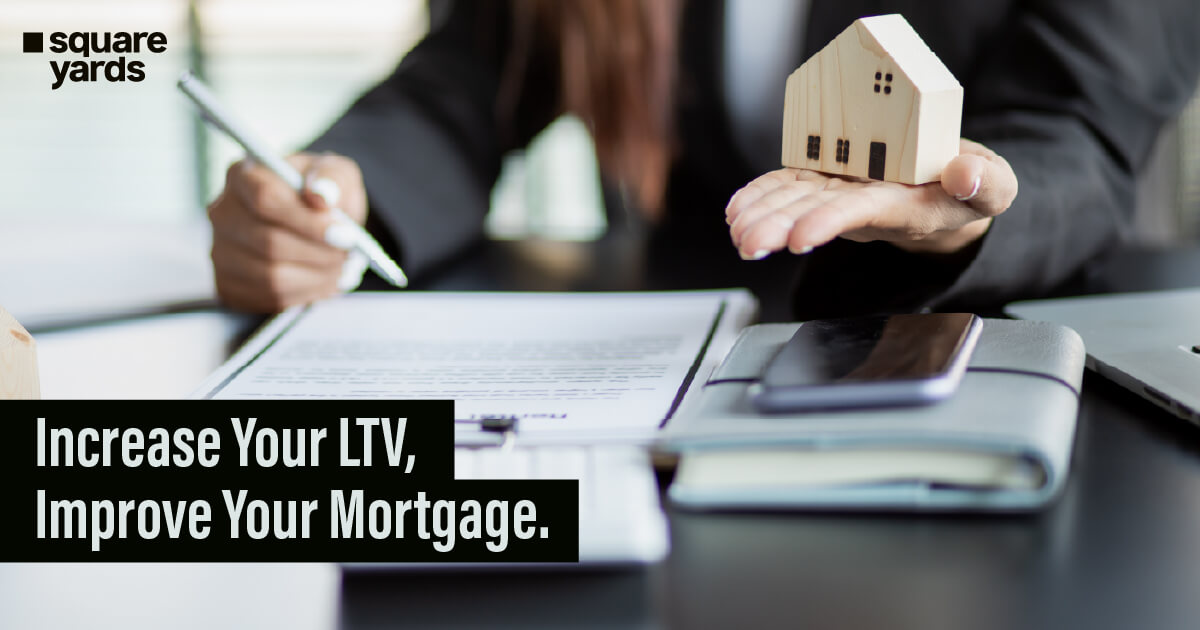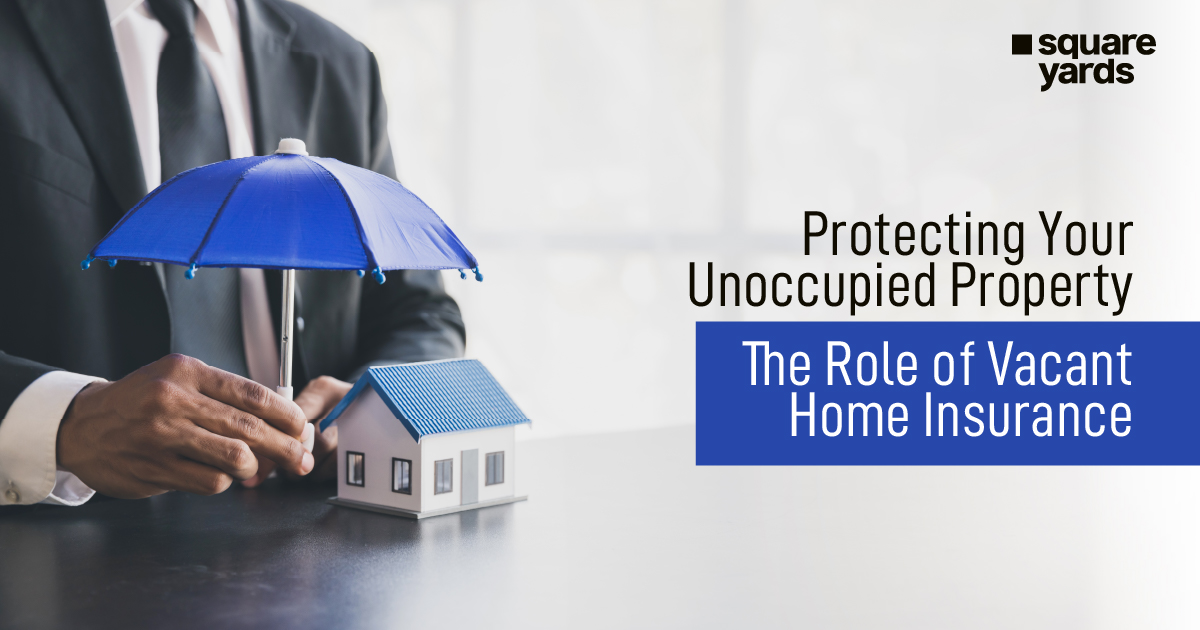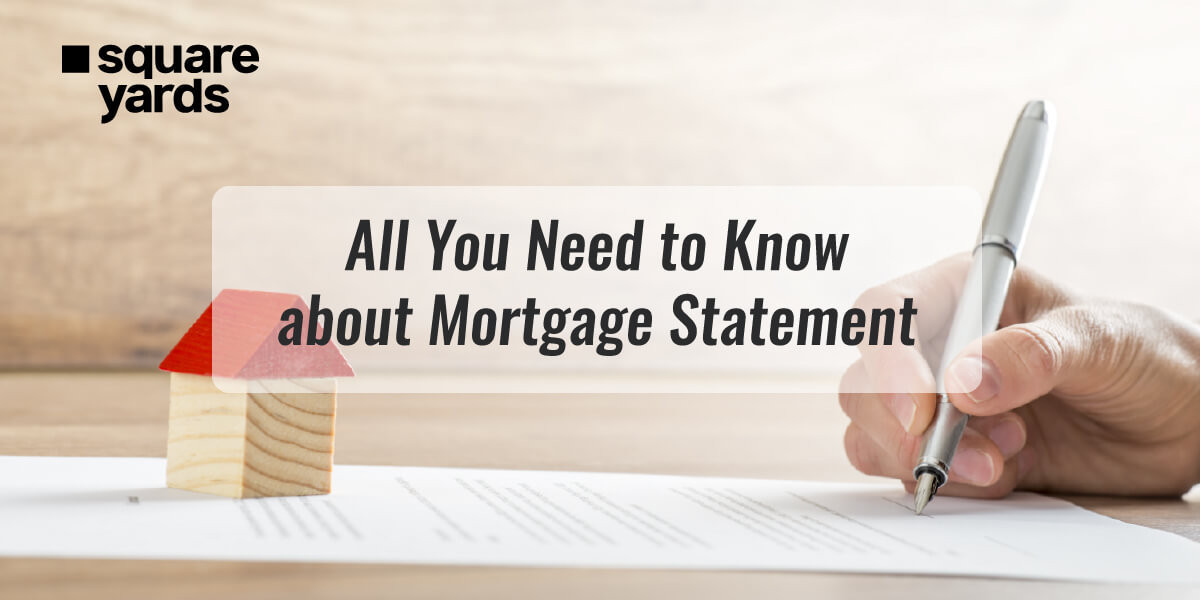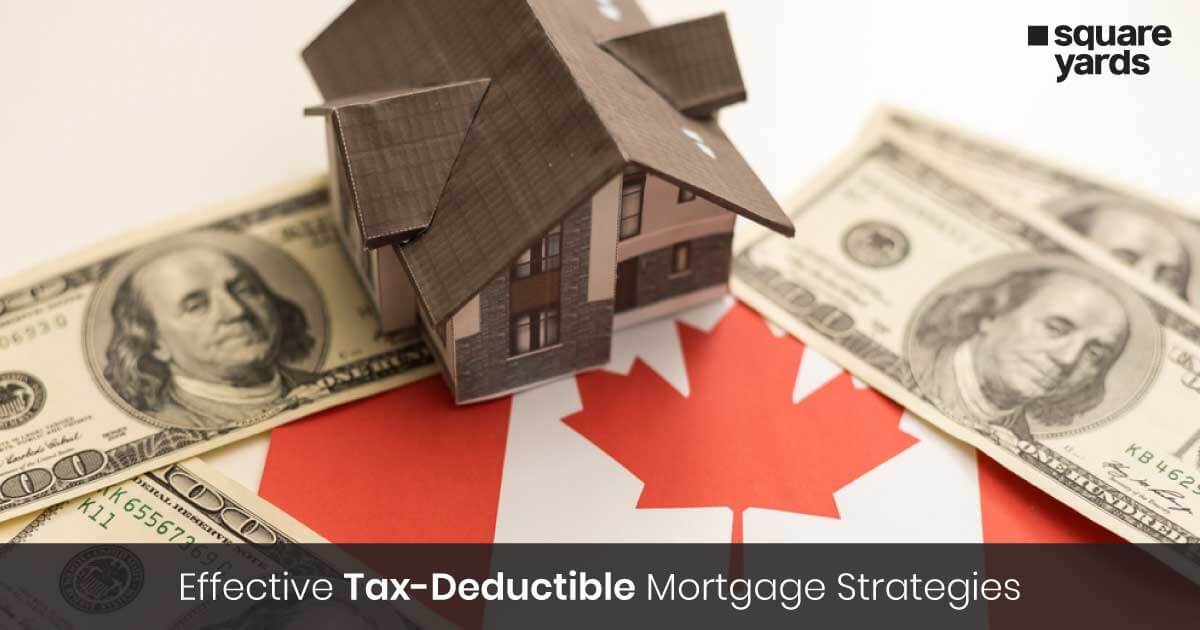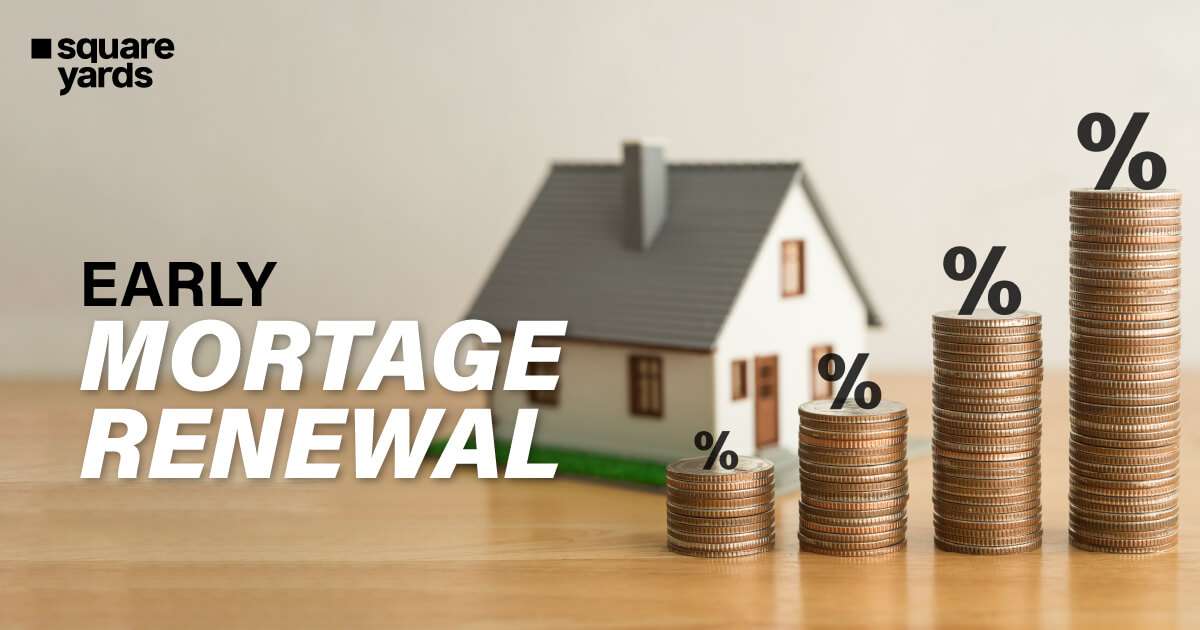Are you planning to buy your first home in Vancouver, Canada? If yes, you’re going to experience the best of both worlds. Vancouver frequently ranks highly as one of the best liveable cities in the world and was recently ranked as the best city to live in North America, courtesy its scenic location near the ocean, incredible views, beautiful beaches, superb natural harbours, rich quality of life, and an ideal blend of cultures as well as nationalities. Well, this guide is all about first time home buying in Vancouver for buyers, The real estate in Vancouver is a booming industry, thanks to the wonderful benefits it renders. Buying a home probably can feel like a daunting or challenging task, especially for first-time buyers. However, it becomes convenient when you do thorough research and arm yourself with the right information that will help you avoid setbacks that mess up the purchasing process.
Be it a condo, town home or a house you wish to purchase in the beautiful city of Vancouver, you need to consider a few things and learn a lot before beginning the process of your first time home buying in Vancouver. Though home buying seems like an overwhelming task at first – especially for first-time buyers, it requires a lot of time and research before proceeding with the process. Those who are buying it the first time can expect a lot of paperwork. Further, it takes a 30-day escrow period on average to close the deal that includes everything right from getting the appraisal, inspection, and more. So if you are trying to know how long exactly it takes to purchase a home in Vancouver, add 30 days of escrow to the amount of time you will take to shop until you find a home.
Fret not, as we are here to simplify the process and provide you with a step-by-step guide on first time home buying in Vancouver along with home-buyer benefits. The below article will take you through everything you need to understand while home purchasing, from getting pre-approved and finding the right realtor to getting an accepted offer and moving in. Scroll down and learn the steps you need to follow to purchase your dream home in Vancouver:
Steps of Buying Home in Vancouver
-
Step 1: Check Your Credit Score
Whether you wish to buy a condo in Vancouver or you are seeking an apartment for sale in Vancouver, the first and foremost step is to check your credit score. The health of your credit score will make you understand if you can secure a loan; and if yes, how much amount you can borrow, and at what rate of interest. This will help you figure out in advance where you need to work upon.
Since every lender has their own criteria, many would consider a score of 650 and more than the low risk. As per Mogo – a platform that helps Canadians reach their financial best, the calculation of your score is made by:
-
- 35% payment history – whether or not you make your payments on time.
- 30% utilization ratio – it is recommended to stay before 35% of your total available credit and never go above 70%.
- 15% length of credit – the longer your accounts are open, the more history it shows of you being a responsible individual with credit.
- 10% types of credit – here you have a merge of high-risk credit, for instance, credit cards and lines of credit, and low-risk personal loans.
- 10% inquiries – hard credit checks may occur if you apply for new credit, phones as well as bank accounts. It can affect your credit rating if there are too many.
You will get a free report each year by Equifax and Trans-union – two American multinational consumer credit reporting agencies. Also, you will get free monthly updates from Mogo and Credit Karma (an American multinational personal finance company) without making formal credit checks affecting your scores. Do not forget to keep an eye on your credit reports and check if there are any errors and figure out how you can improve your credit score. Below are a few ways to make your credit score:
-
-
- Pay bills on time.
- Pay your debts right away.
- Do not go over the credit limit on your credit cards
- Reduce the number of your credit applications.
- Have a healthy credit history.
-
Determine What You Can Afford
-
Since Vancouver condo prices, the prices of non-condo residences, as well as the prices of real estate in the surrounding areas of Vancouver are a bit high for first time home buying in Vancouver, there may be a significant amount of money for the down payment for a house or a condo. Talking about the first time home buyer down payment, there is a need for you to have at least 5% for a down payment to get a mortgage with default insurance; and in case you wish to get a mortgage without default insurance, you will be required to have at least 20%. Also, your lender will require proof of you covering your closing costs on top of your down payment.
Closing costs may include:
-
- Mortgage Application Fees
- Mortgage Insurance
- Survey Fees
- Appraisal Fees
- Property Tax
- Property Transfer Tax
- Legal Fees
- GST
- Land Title Registration Fee
- Title Insurance
You should also consider the moving costs, home insurance and other expenses while moving into the property.
-
Step 2: Find a Lender
You can get a mortgage in several different ways; banks, mortgage brokers and credit unions are the most popular ones. Each of them will have their own terms, conditions and interest rates. If you opt for a bank, you will have a solo lender, however, working with a mortgage broker will give you access to several mortgages and lenders. You can also ask your mortgage broker who they are working with since most mortgage brokers have relationships with many lenders. The benefit of working with institutional mortgages is you do not have to pay any additional fees since mortgage brokers charge the lender a commission. However, private mortgages do charge additional fees.
Learn below about a few mortgage terms:
-
- 30-Year Mortgage: This is the most popular loan term. In this type of loan, you will have to pay the interest portion of the mortgage payments over thirty years, which ultimately results in a lower monthly payment.
- 15-Year Mortgage: This type of loan results in a higher payment and spreads the interest payments over fifteen years. However, it is paid off faster and the interest rates are typically lower.
- Fixed-Rate Mortgage (FRM): In Fixed Rate Mortgage Loan, there is the same interest rate throughout which means you will have to make the same payment every month.
- Adjustable Rte Mortgage (ARM): In this type of mortgage loan, there is a fixed interest rate with a set amount of time initially. Post this period, there may be adjustments in the interest rate on the mortgage. The monthly house payment shows those changes afterwards. ARMs are usually offered at lower interest rates as compared to fixed-rate mortgages. However, in case the mortgage market comes up with higher interest rates over time, it could even exceed the fixated interest rate.
Common Loan Products and Learn the Difference Among Them:
-
- FHA Loan: FHA, known as the Federal Housing Administration, is an insurance pool managed by HUD – the Department of Housing and Urban Development, that insures FHA Loans made by private lenders. Thi type of loan is not just available for first time home buying in Vancouver but for prior borrowers too who have not bought a home in the past three years. In this type of loan, you have the advantage of making a down payment as low as 3.5%. However, the drawback is you could pay a little extra each month for mortgage insurance.
- VA Loan: VA Loans are private lender loans insured by the U.S. Department of Veteran Affairs (VA) to military personnel and their families. The advantage of this loan is there is a zero down payment which means you do not need to make any down payment.
- USDA Loan: USDA mortgage loan is the type of loan offered by the U.S. Department of agriculture to rural residents with a low or modest income, not able to acquire adequate housing through standard financing. USDA Loan is managed by RHS – the Rural Housing Service. The loan is offered to borrowers whose income does not exceed over 115% of AMI – the adjusted area median income.
- Conforming Loan: This type of loan lies under Fannie Mae’s loan limits and does not exceed them. This is why it is “conforming” to the guidelines of the mortgage program.
- Conventional Loan: Conventional Loan is the type of loan the federal government does not guarantee insurance for. Moreover, the loan amount in this type doesn’t exceed the loan limits.
- Jumbo Loan: Jumbo Loan is the type that exceeds the conforming loan limits. It means there is a higher risk to the lender. Borrowers must have good credit and make a large down payment to use this type of loan.
Step 3: Get a Mortgage Pre-Approval
It is a good thing to get a loan pre-approval before moving ahead with the process of first time home buying in Vancouver. This shows to your real estate agent or home seller that your lender has evaluated your financial profile and has determined the maximum amount to lend you and the interest rate to apply. However, getting pre-approval doesn’t mean you are guaranteed to get a mortgage that you have pre-approved for. Once you get the pre-approval, you can begin seeking homes in your price range considering your mortgage payments. Further, when you find a home for yourself, the approved loan amount will depend on the value of your home and the percentage of your down payment. Check below the documents you need to get pre-approval:
- Significant identification
- Employment or income proof
-
- Your job position within the organization
- Current salary or hourly pay
- Employment length and history
- 2-3 years of your Notice of Assessment when self-employed
- Other assets you own
- Your debts and financial obligations such as:
- Proof of your funds for the down payment
-
- Credit card payments
- Car payments
- Lines of credit
- Student loans
- Child or spousal support payments
- Any other debts
The lender will determine the amount they are ready to lend you based on your credit rating, income, and debts.
-
-
Understand Mortgage Penalties
-
Do not sign on the dotted line for a mortgage loan until you have understood all of the fees linked with your mortgage. Make sure that you understand the penalties you need to pay once you decide to sell your home and make the prepayment of your mortgage.
-
-
What Qualifies You for the First Time Home Buying in Vancouver?
-
If you are a first-time home buyer in British Columbia, you must make sure whether you qualify for the first-time home buyers’ program run by the provincial government or not. This program reduces the amount of property transfer tax borrowers need to pay while purchasing their first home.
Please note: In British Columbia, the Property Transfer Tax which is also called PTT, is a tax of 1% on the first $200,000 and 2% of the remaining value of the purchase price to $2,000,000. This rate can add up to a significant amount of number. Therefore, it is necessary to check if you can be spared from paying this tax.
-
Step 4: Find a Realtor
First, learn the difference between a real estate agent and a realtor. We know all real estate agents by law are licensed, however, the ones who also belong to the National Association of Realtors (NAR) are officially known as Realtors. Well, you do not require a real estate agent to buy a home but you can think of getting one since these professionals can guide you through the process of finding and buying a house. With relevant knowledge about the market and past experience of helping close deals. They can make the whole buying process easy for you. Make sure you hire someone trustworthy since you will be working closely with them. Do a thorough research shopping around, making calls and finding someone you can be comfortable working with and then, hire them to help you find a house.
-
-
Search your House
-
It is no surprise that seeking a house is the best part of your home buying in Vancouver process. You can go online and look for several houses that are up for sale and the good thing is you can get all the information on the internet. You can discuss with the agent you hired about the neighbourhood and features including your needs and wants for a new home. Remember that you can look for the properties below the maximum amount pre-approved by your lender. Also, now you have a clear idea of how much you can spend on a down payment.
The next step is a bit complicated and time-consuming. You need to do a few things such as:
-
-
Prioritize
-
There is no denying that it takes a lot of time and effort, and a good amount of patience to find the right house. Therefore, you need to place the search on top of the list of priorities. Keep this thing in mind that you will certainly require a few sacrifices to find the right one. You will have to see many houses and go to many meetings. Moreover, you will have to take care of your expenses – avoid large expenses such as buying a car because this will have an impact on your financial profile and may lead to revoking your mortgage pre-approval.
-
-
Be Open
-
First-time buyers need to know that they don’t need to end up buying their dream home which is completely okay. The key to successfully buying your first home is to be open to new plans and flexible about what exactly you want. There may be chances that you like the house but do not find the area suitable or the location is good but the place requires a little modification such as changing the wallpaper and cupboards. So just be clear about your thoughts on your dream house. Also, there is a possibility that you find the place perfectly suitable for yourself but is out of your price range. It’s completely fine; everyone has to deal with the same. Therefore, have an open mind about your first home and then proceed with your search.
-
-
Take a closer look
-
You must know that while selling a property, people usually bring in Stagers and do minor transformations to make the house look at its best. This results in making the house appear bigger than it is and you would not notice that. So it is important to make sure you have a closer look at the place. Measure the rooms and discover if there is something hidden behind a coat of paint while buying your dream house.
-
-
Step 5: Make an offer
-
Once you have liked a place and made sure it is perfectly suitable for you and fits your budget, you can go for it and make an offer. Now, this step requires you to have a fair discussion with your real estate agent or maybe a notary public or lawyer to learn the right amount of “subjects” to draw up the offer. By “subject” we mean the conditions that protect your purchase. For instance, there may be a subject that specifies the offer will be rendered invalid unless a fix is made. You should also learn about a subject to inspection condition. This allows getting a third-party professional to check serious issues (if any) about the house that you might miss otherwise. This will help you save a good amount of money in the long run.
Make sure the mortgage you are getting includes a subject to a financial condition and your lender approves the property as well as your financing. While buying a house or detached property, we would suggest you make sure you can get insurance on the property. There might be things like older aluminum wiring that make it difficult, and your lender will ask for your insurance before advancing funds. So you need to get insurance before removing subjects you are required to complete.
-
-
Get your finance approved
-
Once your offer is approved by the seller, make sure to go back to your bank or mortgage broker to finish the process of loan approval. This will not be a difficult process if your financial situation has not changed since the pre-approval of your mortgage.
-
-
Arrange an inspection
-
It’s time for a final inspection since you have gotten the approval on your financing. The cost for the final inspection is around $500 (or more). It might take a little time so make sure to book it as soon as you have made the offer.
-
-
Review Closing Costs
-
You will have to incur many closing costs and inspection is one of them. The sad thing is these costs do add up and many of the home buyers do not know about it. This is why it is required to review them on priority.
Also, keep in mind that these closing costs might add up to around 4% of the final purchasing price.
-
- Closing
Here, you should be clear about the money you will be needing for your BC Notary or Lawyer to complete the transaction. They will provide you with the best ways to make the payment and will let you know what all you need for the signing. This step of the process will require a lot of paperwork from you. And you will potentially have to visit the bank and make sure all mortgage details have been finalized. We know it is a bit tedious task, but we promise you will proudly own your first home once it’s done.
Further Steps of Buying Home
Now that you have learned the steps of first time home buying in Vancouver, you need to do a few more things to get going on. Read below:
-
- Figure out how much amount you can borrow. This will help you have a clearer picture of how you are going to pay for your new home.
- Discuss with a BC Notary and get the right advice. They will provide you with professional legal guidance on how to purchase or sell a home and with all the details of the legal art of purchasing a home.
Wrapping It Up
Alright, so we hope now you have a clear picture of how buying a home in Vancouver works and have detailed knowledge about each phase of the process. We feel you are now comfortable taking the road ahead of you. Take proper assistance from your real estate agent and they will answer all your questions at every step of your first time home buying in Vancouver process. You can also take the proper guidance from your lender. We are sure this will guide you enough and you will seal the deal at ease.
More Useful Article for you :
|
Guide To Buying Property in Canada |
|
|
All About Non-Resident Canada Tax |
|
|
Know About Toronto Property Tax |
|
|
Understand Freehold Vs Leasehold |
Frequently Asked Questions (FAQs)
You have the option to apply for a loan that amounts to 5% or 10% of the purchase price of your home if you meet the criteria. The loan value depends on the type of home you're purchasing. It's interest-free, but if you're accepted, the government may have a stake in your home's increased value and claim a portion of its equity.
The initial home buyers' initiative decreases or entirely removes the property transfer tax you're required to pay when buying your initial home. If you meet the criteria for this initiative, you might qualify for a complete or partial waiver of the tax.
The average age of investing in property in Canada is 36 years.
Yes, the cost of housing in Vancouver surpasses that of other cities with comparable size and population. What is the first-time grant for home buyers in Vancouver?
What are the benefits of becoming a home buyer in Vancouver?
What is the average age of buying a home in Canada?
Is Vancouver considered expensive when it comes to investing in property?

